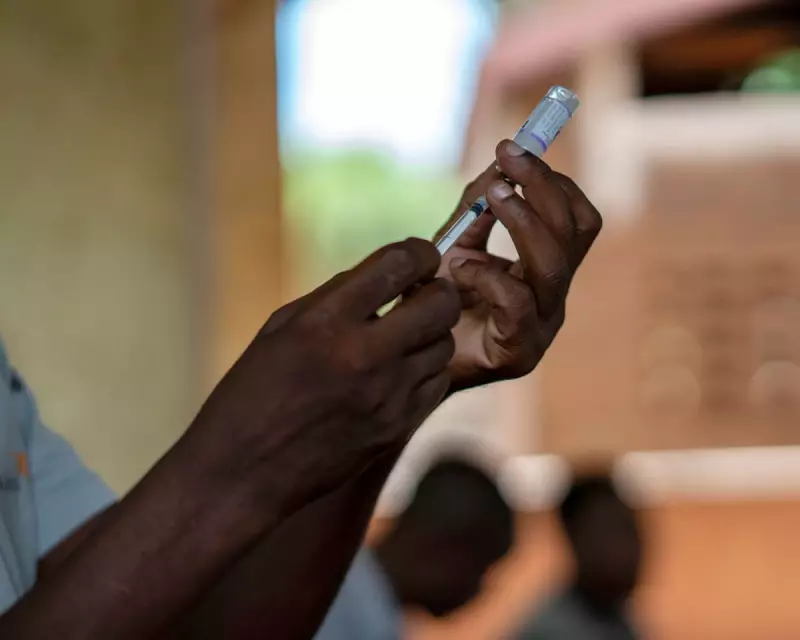
Britain is facing mounting criticism over proposed cuts to its international aid contributions that charities warn could lead to countless preventable deaths across developing nations.
What's at Stake?
The controversy centres around potential reductions to the UK's funding for the Global Fund to Fight AIDS, Tuberculosis and Malaria - one of the world's most effective health partnerships. This comes despite the fund demonstrating remarkable success in saving lives and strengthening healthcare systems globally.
The Human Cost of Budget Cuts
Leading health organisations have sounded the alarm, indicating that scaling back Britain's commitment could have devastating consequences:
- Reversal of hard-won progress against three of the world's deadliest diseases
- Disruption to life-saving treatment programmes for millions
- Weakened healthcare infrastructure in vulnerable communities
- Increased risk of drug-resistant disease strains emerging
A Broken Promise?
The proposed cuts represent another blow to the UK's international development commitments, following previous reductions that already placed Britain well below the UN target of spending 0.7% of national income on aid.
Charities argue that cutting proven, effective programmes like the Global Fund represents false economy - the short-term savings would be vastly outweighed by the long-term human and economic costs of resurgent pandemics.
The Bigger Picture
This development raises serious questions about Britain's role as a global leader in international development and its commitment to tackling worldwide health challenges. The decision, expected in the coming months, will be closely watched by both international partners and humanitarian organisations.





